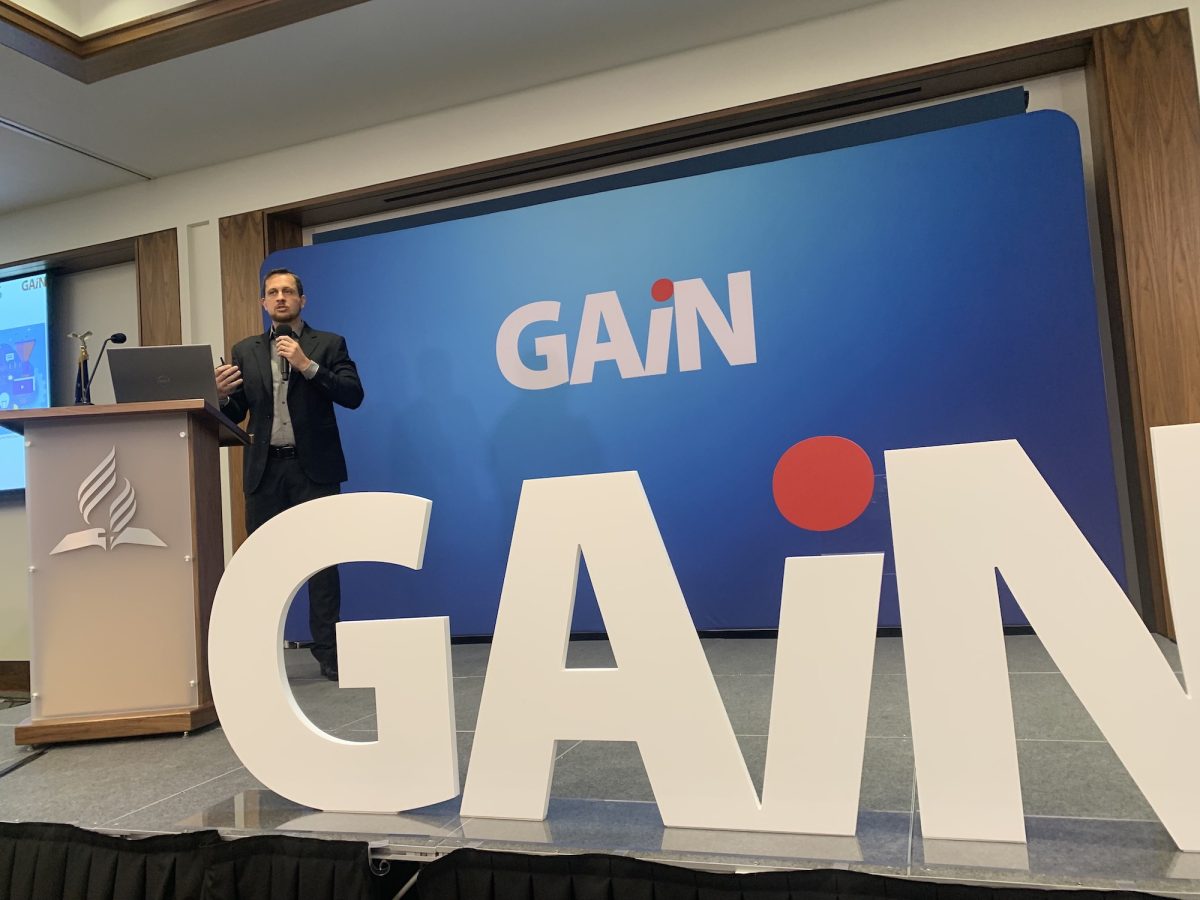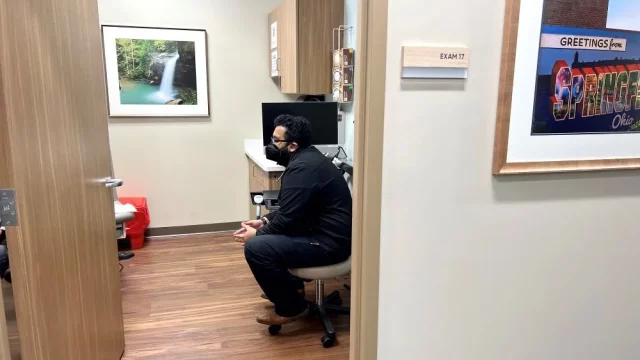Adventist communicators event discusses how to make AI an ally to the Church’s mission.

Artificial intelligence (AI) use and resources have becoming increasingly populars. What was previously limited to academic research and cinema production with a futurist bent has come closer to everyday life. According to Search Logistics, the global AI technology market is expected to “skyrocket over the next few years, reaching a potential market value of US$190.61 billion by 2025.” According to research released by Forbes Advisor, the most popular uses of AI today include responding to messages, inquiring about financial issues, planning travel itineraries, and crafting social media posts.
Other analyses of future trends point to AI as responsible for significant changes in various areas of human life, including health, education, and human and social development, among others. This would also include religion among the areas impacted by chatbots, generative AI powered by increasingly sophisticated processes.
Seventh-day Adventist Church communications leaders from the three major regions of the Americas — North, Central, and South America — met for a few days to discuss AI and its intersections with the Adventist mission of preaching the gospel to the world. Lectures, debates, and panels led participants to conclude that as Adventists can’t escape from AI, they must learn how to make it an ally.
This large gathering of more than 100 participants, known as the Global Adventist Internet Network (GAiN), has always had the goal of reflecting on technology and communication and applying them to the mission of the Adventist Church. In 2023, the five-day meeting took place in Columbia, Maryland, United States.
Artificial Intelligence and Evangelism
The solid biblical foundations that inform the message the Adventist Church preaches can be leveraged with the use of AI, Emmanuel Arriaga, who works at Google, suggested. He understands that artificial intelligence is useful in the context of the Adventist Church for the elaboration of proposals, documents, and research. He reminded GAiN participants, however, that the development of platforms and models should include ethical discussions.
Erick Sperandio Nascimento, a university professor and researcher, stressed that AI tools are opportunities to implement unprecedented content creation models to evangelize. He mentioned, for instance, the importance of using tools for theological counseling and Bible studies. “It is possible to structure systems to provide personalized studies based on people’s preferences,” he said.
Applied Intelligence
The Adventist Church already has some practical applications for AI. An example coming from South America is the chatbot or virtual Bible assistant called Hope, built and implemented six years ago. The system provides people with real-time support, in Portuguese and Spanish, for their studies. It has a database of nearly 6,000 official web articles produced by the Adventist Church as well as 89 Sabbath School Lesson Guides and 63 books by Adventist Church co-founder Ellen White.
William Timm, coordinator of the Novo Tempo Digital Bible School, explained that, between 2019 and 2023, the tool has assisted 278,422 students, with more than 40,000 of them just in 2023. “It is possible to use technology in a way that is useful for the spiritual nurturing of people,” Timm said. According to coordinators, thousands have been baptized as a result.
Feedback From Participants
For South American Division communication director Jorge Rampogna, “events like [GAiN] make us reflect on the need to use every possible opportunity to share the gospel and support mission.” Abel Márquez, communication director in the Inter-American Division, added that “GAiN is an event that fosters interaction and creativity that keeps us up to date regarding ideals and tools for digital evangelism.”
Chrystelle Agboka, head of news production for the Adventist Church in the North American Division, emphasized that technological advances like AI can make the work even more effective. “As communicators, we have a lot of power to shape the brand of the Adventist Church, reach people inside and outside of it, and help make disciples.”
The original version of this story was posted on the South American Division Portuguese-language news site.








